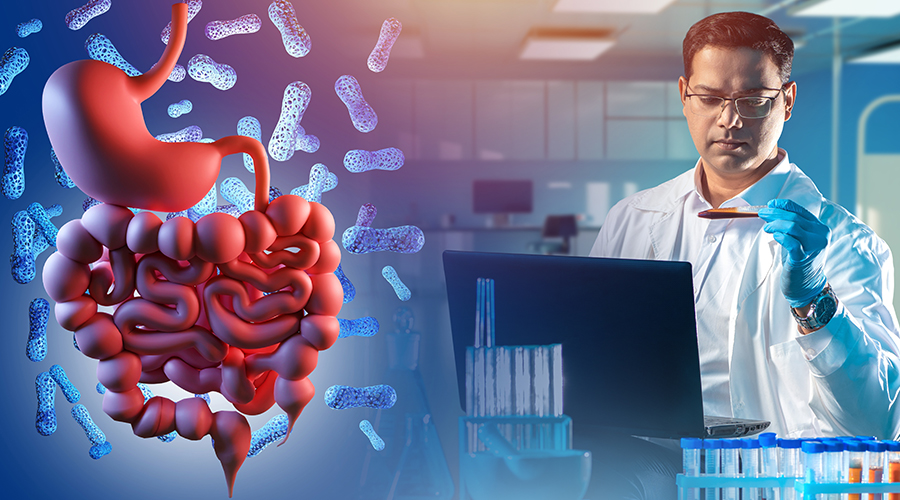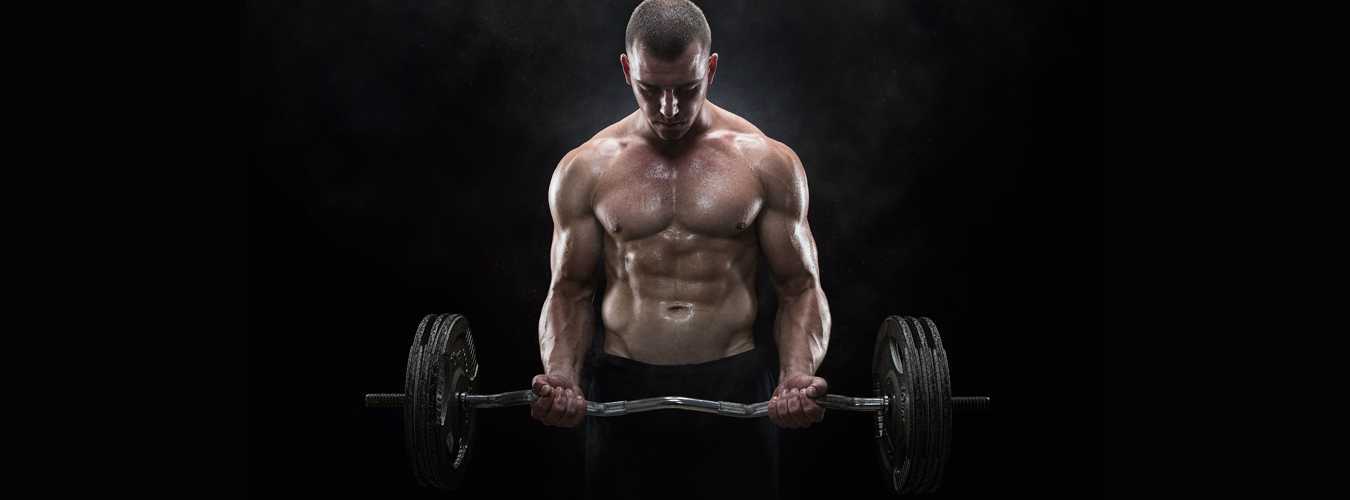Can You Drink Alcohol while Building Muscles
25 April 2023
Alcohol while building muscles? The answer is no, but for times when you need to indulge, there is a mid-way.
It’s Friday and you are in a mood to unwind with a couple of drinks but are in two minds about indulging in your temptation. Will it harm your muscle development? After all, building muscles is your passion. You eat clean, workout like no tomorrow, supplement right and sleep well. You can be easily be labelled as a virtuous muscle builder, but for your indulgence in that drink.
Answering your question, yes alcohol affects muscle building process. Read ahead to know the truth about alcohol and building muscle, also the extent of the impact, primarily in 3 ways
- Alcohol is dehydrating
- It affects your muscle protein synthesis
- It lowers your testosterone level
- And, the good news, there is a mid-way to muscle building and alcohol consumption
3 WAYS IN WHICH ALCOHOL DAMAGES YOUR MUSCLE GAIN
Alcohol has zero nutrients but it gives you 7 calories in a gram. A shot of vodka will give 100 calories without any nutrition. Easily, drinking and calorie counting do not mix. Moreover, alcohol will slow down your metabolism, which is not good for your muscle building or fat loss goal either. Also, appetizers, high calories snacks go with alcohol. As you begin to drink, your restrictions with reference to foods lower, as compared to when you are sober.
A study examining how alcohol affects caloric intake found that subjects who drank wine with their lunch consumed an additional 200 calories and did not compensate for those calories by cutting back at dinner. Additionally, extra calories from alcohol count.
- 12 ounces (355ml) of beer = ~150 calories
- 5 ounces (147ml) of wine = ~100 calories
- 1.5-ounces (45ml) of distilled spirits = ~100 calorie
Alcohol increases the level of dopamine in your blood. The hormone dopamine is linked to desire and reward and raises adrenaline and lowers melatonin. Less of melatonin interferes with sleep, which in turn can increase hunger and cravings. Consequently, your food intake goes up. Also, alcohol affects your fat burn dramatically. A study published in the American Journal of Clinical Nutrition showed that consuming 24 grams of alcohol, the equivalent of about two drinks, slowed fat metabolism by a whopping 73%

Alcohol is dehydrating
Excess alcohol causes dehydration, as it lowers the production of anti-diuretic hormone, which your body uses to reabsorb water. As a result, you will feel a need to urinate more after consuming alcohol. Drinking it in excess also depletes other bodily fluids and can cause further dehydration. The effects of alcohol are closely related to a person’s weight: lower is the weight, greater will be the after-effect, such as vomiting or dehydration post alcohol consumption. The National Health and Medical Research Council recommends that men and women drink no more than four standard drinks on any single occasion. Your muscles are 70 percent water and getting dehydrated is not a good thing, when you are trying to build muscles.

Alcohol consumption hurts your muscle growth
When you resistance train, your muscles experience stress, as a result there are small micro-tears in the muscle fiber. The process of protein synthesis helps in repairing those micro-tears, which is expedited by your post-workout whey protein shake. This allows you to build bigger and bulkier muscles. The drawback of alcohol is that it inhibits growth hormone, which is essential for protein synthesis needed for muscle building after exercise. In fact, alcohol can decrease secretion of this hormone by 70 to 75 percent, according to Patricia N. Prinz, lead author of a 2011 study published in “The Journal of Clinical Endocrinology and Metabolism.”
A ground-breaking study conducted in 1991 and published in the journal “Alcohol and Alcoholism” found that chronic intake of alcohol suppressed protein synthesis and caused myopathy in many cases. Myopathy is a condition in which muscle fibers do not function properly, resulting in muscle weakness or loss of movement. This study focused on the long-term use of alcohol, but short-term usage also inhibits protein synthesis from occurring at its full potential.
 Alcohol and your testosterone level
Alcohol and your testosterone level
Testosterone, the essential male hormone, allows muscles to grow and repair. Alcohol floating in your blood triggers multiple chemical processes that diminish the amount of testosterone you have. A 2009 study published in Bone found that frequent drinkers had significantly low testosterone levels, as well as high estrogen levels. This is important because estrogen lowers the amount of testosterone in the body.
It has been scientifically proven that alcohol is linked to a drop in the testosterone level by 25 percent. How much will your testosterone get affected is related to your drink type. Beer contains two chemicals that can increase estrogen, which can affect your testosterone level. Wine also has phytoestrogen and even some liquors have these chemicals. The added calories from drinks lead to more fat gain and even produce more estrogen.
Does this mean you got to quit liquor completely when you start your muscle building journey? The good news is you don’t need to.
Well, you can enjoy your drink and grow bigger and stronger too, but first, you need to do some arithmetic to find how much alcohol is allowed on your muscle building plan.
Studies have proved that six alcoholic drinks, which roughly correspond to 1g alcohol/ kg body weight will crush your muscle recovery completely post workout for an 180 pound or 81kg male. Make it half, three drinks and the muscle aspirant stays clear. Of course, the allowance goes down if your weight is less than 81.
You can unwind with a glass or two of your favourite drink, as long as you are following the basic principles
- Eat a protein-rich meal to feed your muscle fibers, before you head out for drinks. Since alcohol is a diuretic, you should have water in-between drinks to stay hydrated.
- Do not drink on the day you train. A research published in 2001 in the International Journal of Sports Nutrition and Exercise Metabolism found that meals consumed within 24-48 hours post resistance training were critical for muscle growth. Naturally, this excludes drinking alcohol on the days you are training.
- Drink in moderation because alcohol in excess can destruct your muscle. Count as a drink:
- 12 ounces (355 ml) of beer
- 5 ounces (147 ml) of wine
- 1.5 ounce (45 ml) of distilled spirits
4. Since alcohol depletes your nutrients, you should take a high-quality multivitamin and mineral supplement in your lifestyle.
In moderation, a glass of wine will help you unwind after a tiring day and lower your stress levels, decrease insulin resistance and increase HDL cholesterol. Most importantly, do not drink on the day you train and avoid training on the next day of drinking.









 100% Safe & Secure payments:
100% Safe & Secure payments:




